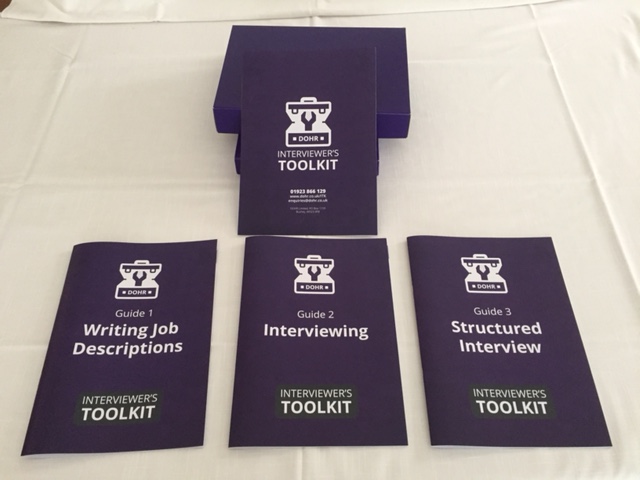How will flexible working work in my business?
Hi, today we are working through our 52 Top Tips For Employers. We have a whole suite of playing cards with advice for employers. And today it’s the six of hearts, which is all about flexible working.
All eligible staff have the right to request flexible working arrangements, but it’s only the right to request. Not an entitlement to work flexibly.
Flexible working may include part-time hours, working from home, some or part of the time, job sharing, working 10 days worth of hours, but condensed into nine days, or other arrangements that work for the nature of your business. Any changes to working arrangements are permanent changes to a contract of employment and cannot be automatically reversed. Employees can only make one request in any 12-month period.
It’s really important, as an employer, no matter what the size of your business, that you have a process in place for dealing with flexible working requests. As I said, they are a legal entitlement to request it. There are certain criteria that people have to meet before they are eligible to put in a flexible working request. But once that request has been made, there is then a period of consultation between the employer and the employee.
To some extent, and in some businesses, there is an onus on the employee to demonstrate how they think that flexible working will work for the employer. They need to be able to work with the business to make sure that if they want to work 10 ’til two, someone else is willing to work flexible hours to make up the time. But they’re never going to find somebody who’s going to work nine ’till 10 and two ’til five. So practically, putting in a request for that, the chances are it’s going to be turned down.
You need to look at the needs of the business. And as an employer, if the proposal that comes to you isn’t workable, try and work with your employees to find one that works for both of you. If it’s not going to be feasible, then you do have the right to say, sorry, no, I’m rejecting this flexible working request.
All our videos are available on YouTube with captions. If you wish to view this video with captions, please visit https://youtu.be/DW8PIFCB9RU
The Interviewer's Toolkit
For more assistance with writing job descriptions and recruitment, check out our interviewer’s toolkit

